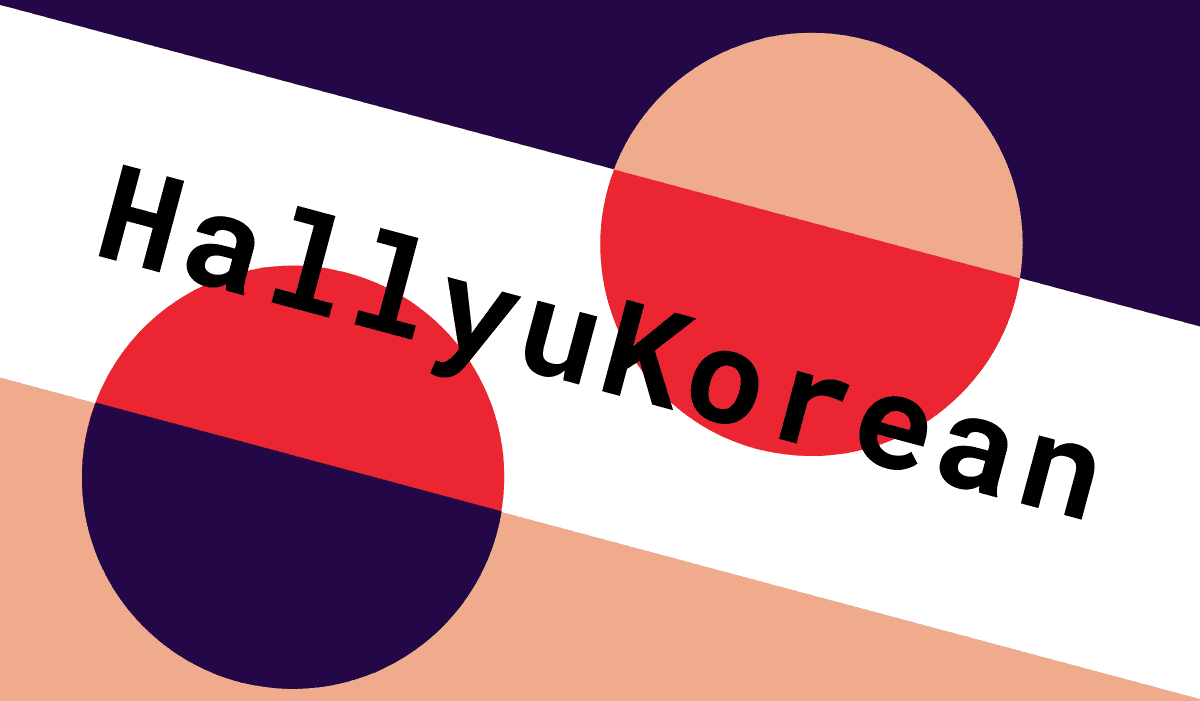Welcome back. This is the 21st post in the series of 1000 Korean words for everyday use by analyzing the word frequency of more than 1,000 episodes of Korean dramas.
Today, let’s explore the meaning and context of 5 key Korean words “얼마, 그리고, 아직, 잡다, 자기” with sample sentences.
Click the play button below to listen to all the words and sample sentences in this post.
Basic Korean words : 얼마, 그리고, 아직, 잡다, 자기
101. 얼마 [eol-ma] – how much, some
– 얼마 [eol-ma] is used to ask about the amount or quantity of something.
– 얼마나 [eol-ma-na] is also used to ask about the degree or extent of something.
Example sentences:
이 책 얼마예요? How much does this book cost?
얼마나 시간이 걸렸어요? How much time did it take?
102. 그리고 [geu-ri-go] – and
– 그리고 [geu-ri-go] means “and”, linking two or more things or actions in a sequence.
Example sentences:
동훈 씨 근처도 가지 마. 그리고 회사 그만둬. Don’t go near Mr Dong-hoon. And quit your job.
(*In Korean, “씨” is used as an honorific suffix that comes after someone’s last name, first name, or full name to show respect or politeness. This is similar to how “Mr.” or “Ms.” is used in English.)
103. 아직 [a-jik] – still, yet
– 아직 [a-jik] is used to indicate that something has not yet happened.
Example sentences:
아직 시작하지 않았어요. We haven’t started yet.
104. 잡다 [jab-tta] – to catch, to grasp
– 잡다 [jab-tta] means “to catch” or “to grasp”, indicating the action of taking hold of something.
Example sentences:
손을 잡고 건너갈게요. I’ll hold your hand and cross.
105. 자기 [ja-gi] – self, oneself
– 자기 [ja-gi] can refer to “self” or “oneself” and can also be used as an affectionate term such as “darling”.
Example sentences:
자기 자신을 사랑해야 해요. You must love yourself.
자기, 뭐 먹을까? Honey, what shall we eat?
Grammar & Study Resources
Conjunction “그리고”, “~고” :
“그리고” is a conjunction in Korean that links two or more ideas or events, similar to the English word “and”. This conjunction is used to combine several ideas or events into one, or to list them in order. 그리고 can be abbreviated as “verb stem + -고”, which can also be translated as ‘”and”, “and then” or “after”.
For example:
동훈 씨 근처도 가지 마. 그리고 회사 그만둬. Don’t go near Mr Dong-hoon. And quit your job.
손을 잡고 건너갈게요. I’ll hold your hand and cross.
“그리고” and “고” help to express relationships between sentences clearly and are important conjunctions often used in everyday conversation or writing.

